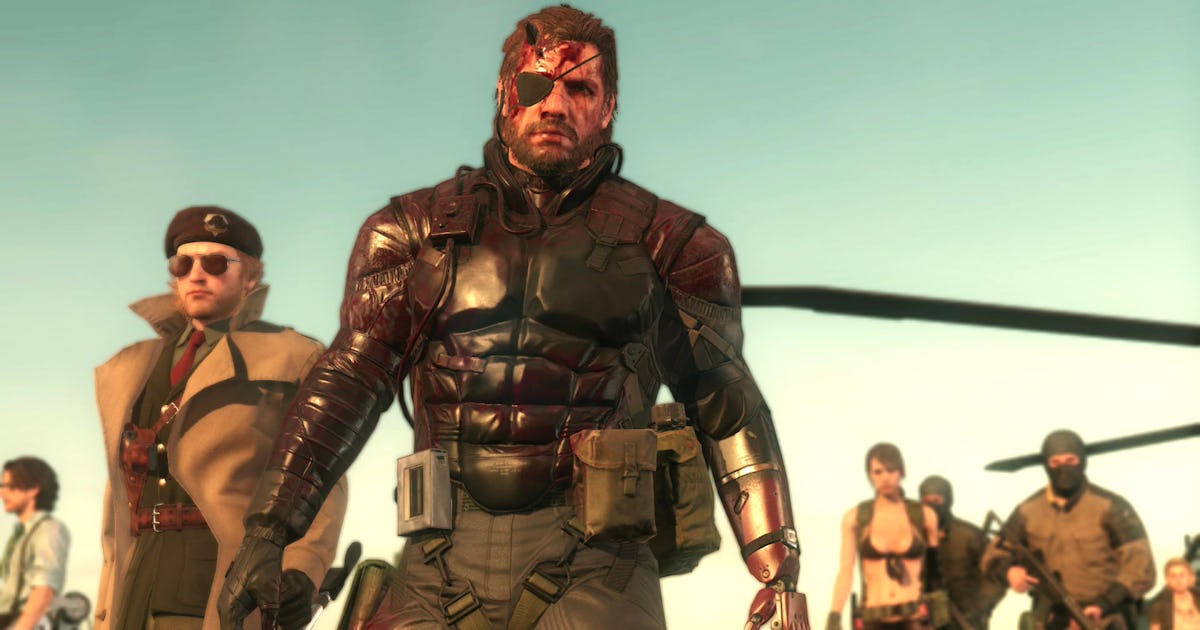
"The brain's map of the body remembers a limb, even if the person has long lost it, according to a recent peer-reviewed study from the University of Pittsburgh. That might help explain why the vast majority of amputees still experience a phenomenon called phantom limb pain. In video games, famous auteur Hideo Kojima took things one step further by creating a compelling experience that comes just short of feeling complete, leaving players longing for more, a decade later."
"By 2015, it had already hit 6 million copies shipped, and in sum total, it's the best-selling entry in the whole series. Even at launch, it pulled in about $179 million globally, which is on par with some Hollywood blockbusters' opening weekends, for context. Still, those impressive numbers don't tell the whole story - unlike previous games in the series that were building up to a greater narrative, this final game felt like it lacked something."
The brain's body map retains representations of lost limbs, which likely contributes to persistent phantom limb pain experienced by most amputees. Metal Gear Solid V: The Phantom Pain launched September 1, 2015, sold millions of copies, and generated substantial revenue, becoming the series' best-selling entry. The game's development was marred by a public split between creator Hideo Kojima and Konami, leaving parts of the ending unfinished. Despite its perceived narrative incompleteness, MGSV's sandbox design and emphasis on player choice influenced many subsequent open-world games.
Read at Inverse
Unable to calculate read time
Collection
[
|
...
]